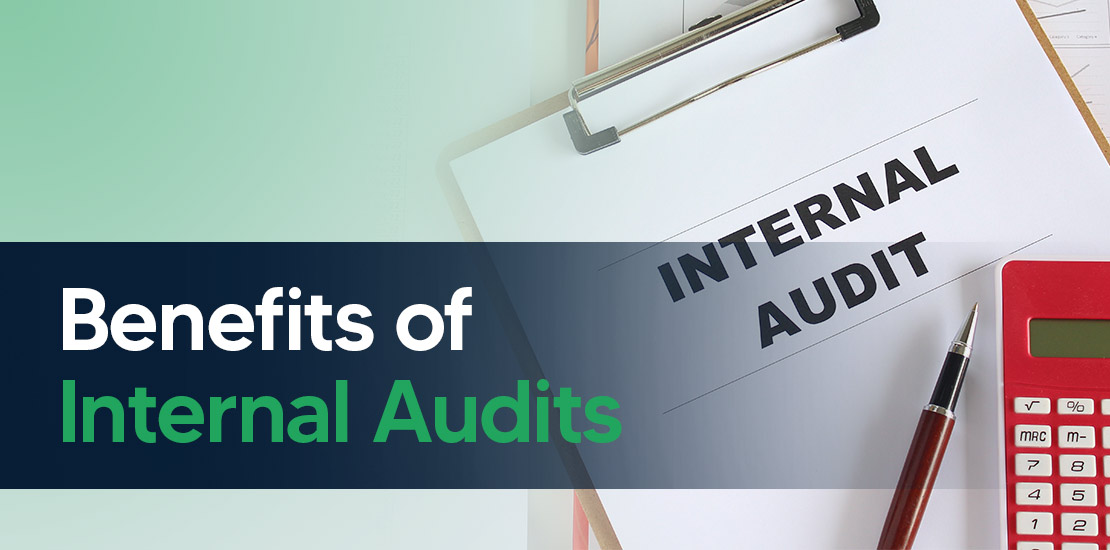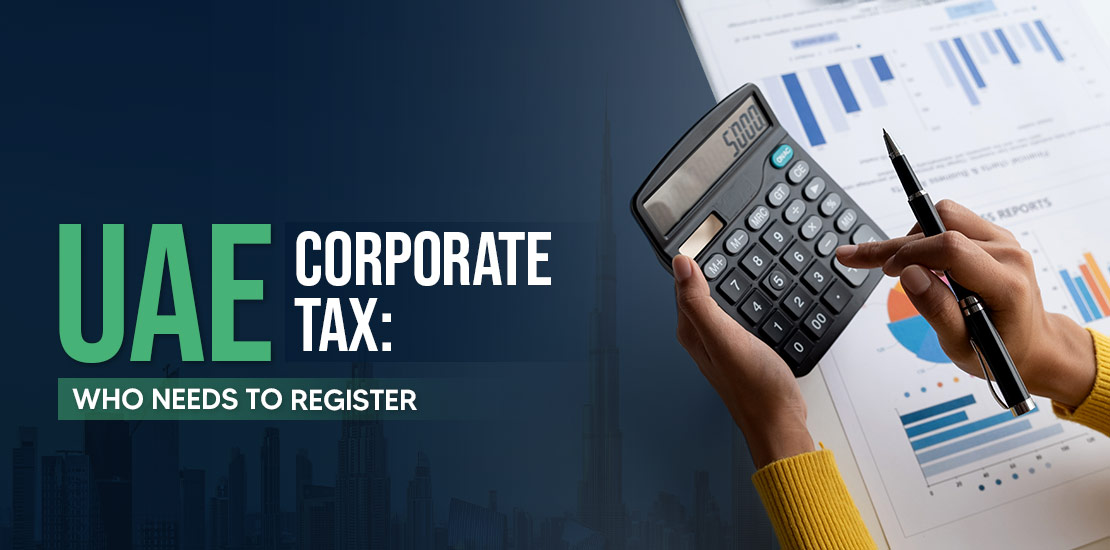The United Arab Emirates (UAE), long celebrated for its business-friendly environment, is preparing to implement a significant tax reform. Starting January 1, 2025, large multinational companies (MNCs) operating in the UAE will face a 15% corporate tax, while regular businesses will continue to enjoy the standard 9% rate. This landmark move ensures that the UAE aligns with international tax standards and creates a fairer business landscape for global corporations.
The introduction of the 15% minimum tax reflects the UAE’s commitment to maintaining its reputation as a competitive yet transparent business hub. By targeting large multinationals, the government aims to balance economic growth with compliance with global tax frameworks, preventing base erosion and profit shifting. This reform not only enhances the UAE’s credibility on the international stage but also encourages sustainable investments from both local and foreign businesses.
For companies operating in the UAE, understanding these changes is crucial for strategic financial planning. Shuraa Tax, with its expertise in UAE corporate regulations, can guide businesses through this transition, ensuring full compliance while optimising tax strategies.
Why Is the UAE Introducing This Tax?
The decision to introduce a UAE tax on multinational companies stems from global efforts led by the OECD (Organisation for Economic Co-operation and Development). Many large corporations have historically leveraged low-tax jurisdictions to minimise their tax obligations. To address this, the OECD developed a two-pillar framework establishing a global minimum tax for MNCs.
By implementing a 15% minimum tax on large multinationals, the UAE positions itself as a transparent and globally responsible hub, ensuring that major corporations contribute fairly to the economy without compromising the country’s investment appeal.
Who Will Be Affected?
The new 15% minimum tax in the UAE is primarily aimed at large multinational corporations. Specifically, it applies to:
- Multinational companies with global revenues of €750 million (approximately AED 3.15 billion) or more in at least two of the last four financial years.
- Enterprises meeting the OECD’s threshold for global minimum taxation align with the UAE policy with international tax standards.
This means that major global corporations operating in or through the UAE will need to comply with the new rules, report their financials, and ensure the correct tax is paid on qualifying profits.
Who is Not Affected?
- Small and medium-sized enterprises (SMEs) and local businesses with revenues below the threshold will not be subject to this tax.
- Free zone companies that already benefit from tax incentives and exemptions will largely remain unaffected.
By targeting only large multinationals, the UAE balances the need for fair taxation with its commitment to fostering entrepreneurship, attracting investment, and maintaining a business-friendly environment. This approach ensures that the country remains a competitive hub for both local and international businesses.
Business Implications for MNCs
The introduction of the 15% minimum tax in the UAE carries several important implications for multinational corporations:
- Compliance and Reporting: Affected companies must ensure their accounting systems and financial statements align with the new tax regulations. Accurate reporting and timely submission will be critical to avoid penalties.
- Operational Costs: With the additional corporate tax, profit margins may be impacted. Companies will need to reassess budgets, pricing strategies, and investment plans to maintain financial stability.
- Strategic Planning: Beyond immediate financial impacts, businesses should evaluate long-term implications, including global tax structuring, transfer pricing, and intra-group transactions.
- Expert Guidance: Handing these new regulations can be complex. Engaging professional advisors, such as Shuraa Tax, can help ensure compliance, optimize tax positions, and streamline the adaptation process.
By proactively addressing these considerations, multinational companies can continue to operate efficiently in the UAE while meeting their obligations under the new global tax framework.
Strategic Significance for the UAE
While the UAE has long been celebrated for its low-tax environment, the introduction of a 15% minimum corporate tax underscores the country’s commitment to global standards and economic transparency. This move carries several strategic benefits:
- Enhanced Global Credibility: By aligning with international tax norms, the UAE strengthens its reputation as a transparent, forward-looking economy, attracting responsible global investors.
- Simplified Compliance for Multinationals: Multinational corporations operating in the UAE can now meet their tax obligations locally, reducing the risk of complex audits and disputes in multiple jurisdictions.
- Sustained Investment Appeal: Despite the new tax, the UAE remains highly attractive for business due to its world-class infrastructure, strategic geographic location, and extensive network of double-taxation treaties.
- Balanced Economic Policy: The tax ensures fair contribution from large multinationals while preserving incentives for SMEs, startups, and free zone companies, maintaining the country’s pro-business stance.
By adopting this measured approach, the UAE not only strengthens its fiscal framework but also reinforces its position as a leading global hub for investment, trade, and innovation.
Preparing for the Transition
Multinational companies operating in the UAE should take proactive measures to adapt seamlessly to the new 15% corporate tax:
- Review Financial and Operational Strategies: Assess current cost structures, profit margins, and investment plans to understand the impact of the new tax and adjust strategies accordingly.
- Seek Expert Guidance: Engage experienced tax consultants and legal advisors, such as Shuraa Tax, to navigate compliance requirements, reporting obligations, and any potential tax planning opportunities.
- Optimise Internal Processes: Update accounting systems, reporting frameworks, and internal controls to efficiently manage new tax obligations and ensure timely submissions.
- Plan: Consider long-term implications for global operations, including transfer pricing, intercompany transactions, and cross-border tax strategies.
Shuraa Tax offers comprehensive support to help multinational companies transition smoothly, ensuring full compliance while minimising operational disruptions and maximising strategic efficiency.
Preparing for the UAE’s 15% Multinational Tax
The UAE imposing a 15% tax on multinational companies marks a historic shift in the country’s economic framework. By introducing a UAE tax on multinational companies, the government ensures fair contribution from global corporations while maintaining a conducive environment for business. For companies looking to adapt seamlessly to this new regulation, professional guidance is essential.
For expert advice and support, you can reach Shuraa Tax:
📞 Call: +(971) 44081900
💬 WhatsApp: +(971) 508912062
📧 Email: info@shuraatax.com
Handling this new tax landscape proactively will position businesses to thrive in the UAE’s dynamic economy while staying aligned with global tax standards.













